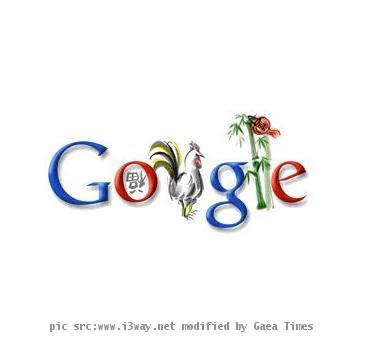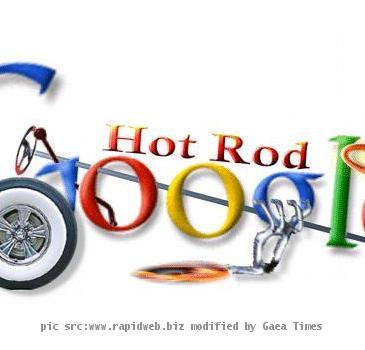High-tech ferrets, a French Shakespeare: British media revel in April Fools’ tradition
By Jill Lawless, APThursday, April 1, 2010
British media revel in April Fools’ tradition
LONDON — In today’s headlines: flavored newsprint, high-tech ferrets and the revelation that Britain’s greatest writer was — quelle horreur! — half French.
The stories Thursday weren’t true, it was just the British media carrying on its proud tradition of April Fools’ Day spoofs — the unofficial April 1 competition to dupe the naive and unsuspecting.
This year, The Sun reported it has developed the world’s first flavored newspaper page and invited readers to lick a square of newsprint “to reveal a hidden taste.” Just below the spot to be licked was the fine-print warning: “May contain nuts.”
The Daily Telegraph said an Internet service provider plans to use tunneling ferrets to deliver broadband services to remote areas, and BBC radio’s “Today” program ran an item claiming new research in Stratford-upon-Avon had revealed that William Shakespeare’s mother was French.
After noon — the traditional cutoff time for April Fools’ pranks — Paul Edmondson of the Shakespeare Birthplace Trust in Stratford revealed the story was a joke in honor of the day the French call “Poisson d’Avril,” or April Fish.
The Daily Mail, meanwhile, claimed staff at car-breakdown service the Automobile Association are to be fitted with jet packs to fly over traffic jams and reach stranded motorists.
The Daily Mirror ran a picture of Queen Elizabeth apparently taking a a flight with the budget airline easyJet, while The Independent reported that nuclear scientists want to turn London’s Circle Line subway into a particle accelerator similar to the Large Hadron Collider in Switzerland. It said there were safety concerns about “a mini-black hole being created at Westminster (home to Britain’s Parliament) when the two proton beams collide.”
Some say April Fools’ Day started with the creation of the Gregorian calendar in the 16th century, which changed the starting date of the new year from April 1 to Jan. 1. But associations between April 1 and tomfoolery stretches back to the Middle Ages, and some say the day’s origins lie in ancient Indian and Roman festivals that celebrated foolishness and misrule.
The British media prides itself on a long tradition of elaborate hoaxes. In 1957, the BBC news program “Panorama” aired a story about the unusually strong spaghetti harvest that year in southern Switzerland. Straight-faced and convincing, it is now considered a classic April Fools’ hoax.
Several spoofs on Thursday targeted Britain’s next national election, which must be held by June 3.
The Guardian reported the Labour Party plans to tackle rumors that Prime Minister Gordon Brown has anger-management issues with a campaign slogan “Vote Labour. Or else.”
It said strategists plan posters based on classic films “casting Brown as The Gordfather, the Terminator or Mr. Brown from ‘Reservoir Dogs.’”
The age of the Internet has created new opportunities for fun. Google’s British home page on Thursday offered a new service, Google Animal Translate, promising to let you know exactly what your pet is thinking.
Advertisers get in on the act, too. A BMW ad invites British drivers to “show your true colors this election” with special hood ornaments in red, blue and yellow — the colors of the Labour, Conservative and Liberal Democrat parties.
“In the event of a hung Parliament, we’ll replace your badge for free,” it said.
Tags: England, Europe, London, United Kingdom, Western Europe

